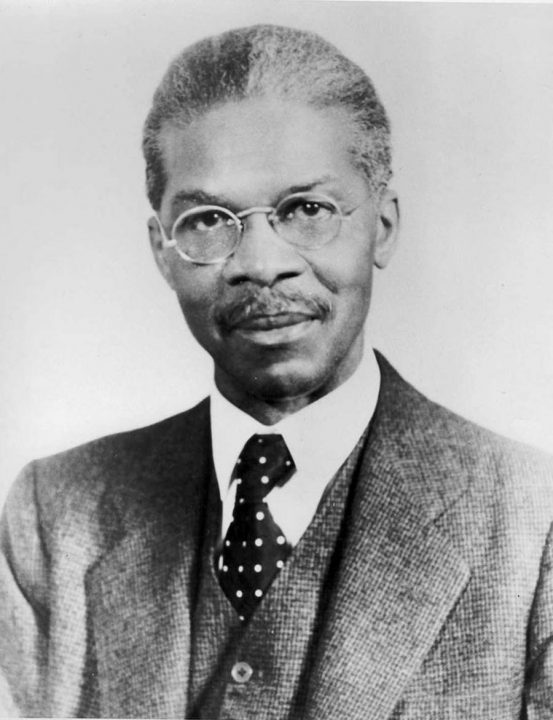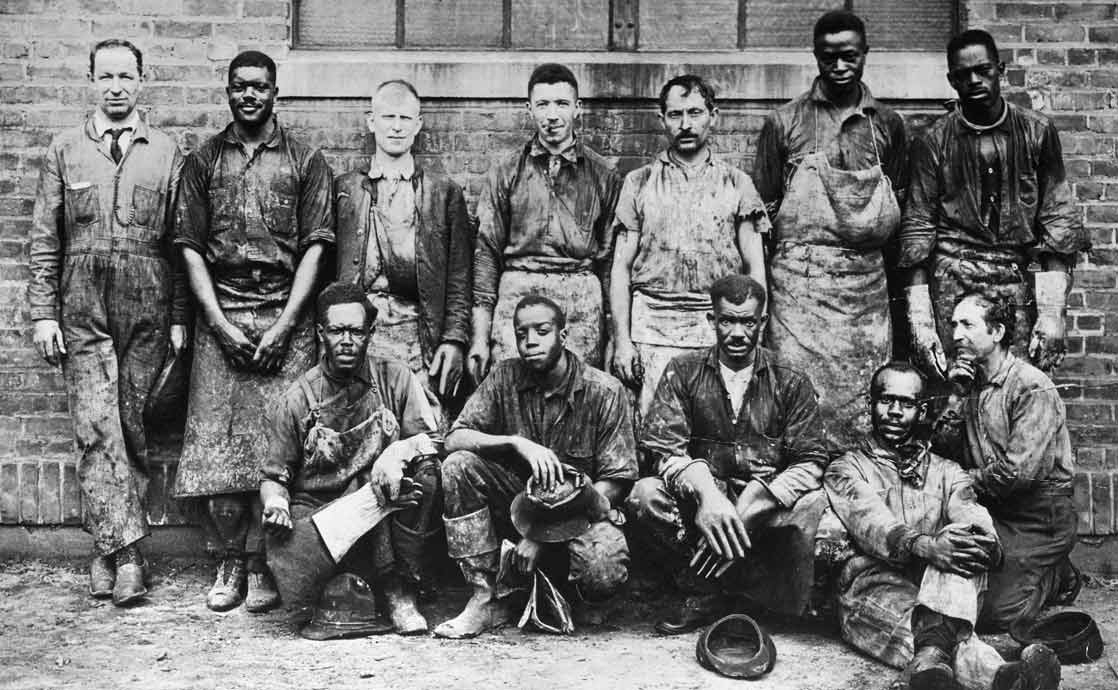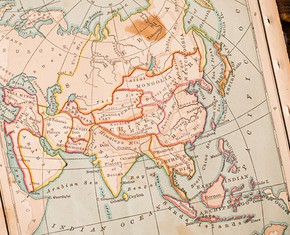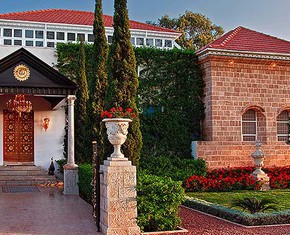The views expressed in our content reflect individual perspectives and do not represent the authoritative views of the Baha'i Faith.
Painfully aware of the injustices and peril dogging African Americans in his country, Louis Gregory followed the example of Abdu’l-Baha, devoting his life to the Baha’i teachings of human oneness.
As the leader of the global Baha’i community, Abdu’l-Baha had warned that the deadly claw of prejudice could doom entire peoples, yet, as Louis put it, he “pointed out the oases rather than the deserts of their environments,” envisioning “a new sociology for the world in general and America in particular.” – Champions of Oneness.
Louis Gregory believed unshakably in the mission given to him by Abdu’l-Baha when he became a Baha’i in 1909, and repeatedly in later years, to create amity among the races:
I hope that thou mayest become the herald of the Kingdom; become the means whereby the white and coloured people shall close their eyes to racial differences and behold the reality of humanity – that is the universal unity which is the oneness of the kingdom of the human race, the basic harmony of the world and the appearance of the bounty of the Almighty. – Abdu’l-Baha, Star of the West, Volume 7, p. 105.
He told Louis to ignore his physical and spiritual limitations, to concentrate on God’s power and be resigned to God’s will, “so that … thou mayest … become the cause of the Guidance of both races …”
Even before receiving this message, in the days right after he formally declared himself a Baha’i, Louis championed oneness. His first act as a new believer was to ask for a meeting with the committee that steered Baha’i activities in Washington, DC, at the time. The committee was all white. There were other African American Baha’is in Washington besides Louis, mostly taught by the same people who had first told Louis about the Baha’i Faith: Pauline and Joseph Hannen and other members of their family. Meetings in the homes of African Americans, and at the Hannens’ house, were integrated, but some other meetings were not. Louis later wrote:
As soon as I became a believer … my colored friends got on my back and began to press me with troublous questions. If this were a new religion which stood for unity, why were its devotees divided? Why did they not meet together in one place? Were the Baha’is not full of prejudices like other people? – Ibid.

In fact, although Baha’is accepted the brotherhood of humanity, many of them thought it didn’t need to be fully instituted just yet — one soul opined that such a revolution might take place in, perhaps, a thousand years. Louis differed entirely. He met with the committee, but they seemed stodgy, so he himself started arranging integrated public meetings. This was the first skirmish in a battle that Louis would fight all his life, into the 1950s. But the Baha’i Faith was his and he would live it as he saw fit – and as Baha’u’llah and Abdu’l-Baha intended it, bringing together all races in unity.
During the last decade of his life, Louis drew upon a lifetime of field work to develop a manuscript on race relations (as yet unpublished). In it, he wrote,
… racial amity is a bounty (that releases oppressor and oppressed) from a psychosis that generally goes with a denial of rights which should be the common heritage of the free, thus sowing the seeds of conflict present or future.
He saw that each oppressed group “develops a psychosis similar to that of the others and each may think that his sore spot is unique.” He felt that “The knowledge of each other’s trials may strengthen their combined efforts to overcome.” – Ibid.
However, Louis said that prejudiced people are victimized by their own hostility as they “dwell in a world of fancy and superstition” while the objects of their hostility “must yield to cruel and needless restraints not of their own making.” He never underestimated the damage wreaked on all sides by prejudice:
Who can estimate the millions deprived of knowledge by the veils of prejudice, or the millions more who are maddened to crime by its manifold injustice? Its sire is pride and its mother is ignorance. The offspring of such parentage is well qualified for mischief.
The extreme radicalism which today sweeps over a large part of the world is one of the signs of reaction to the prejudices of centuries. One of its subtlest dangers is that the mind swayed by prejudice is rarely aware of its condition.
The prejudiced person is perhaps the last to perceive it … the biased mind is only just as seen by itself … – Star of the West, April 1924, p. 11.
















Comments
Sign in or create an account
Continue with Googleor